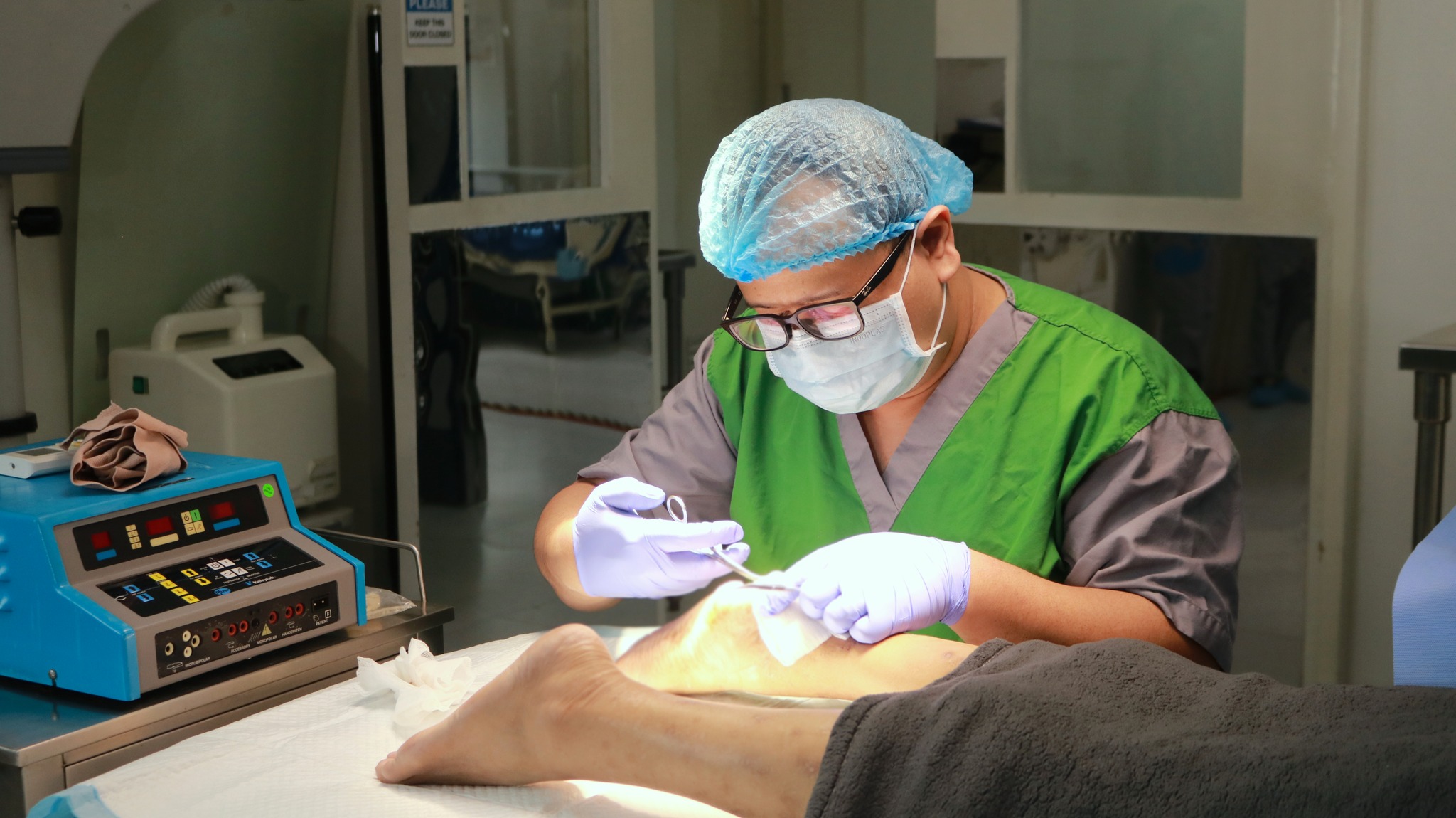Welcome to our comprehensive guide to sports physiotherapy, where we delve into the world of athletic performance enhancement and injury rehabilitation. Whether you’re a professional athlete, a weekend warrior, or someone who simply loves staying active, understanding the role of sports physiotherapy is crucial for optimizing your physical health and reaching your full potential.
Understanding Sports Physiotherapy
Sports physiotherapy goes beyond traditional physiotherapy to specifically address the unique needs of athletes. While traditional physiotherapy focuses on injury rehabilitation and pain management, sports physiotherapy takes a proactive approach to prevent injuries and enhance athletic performance. It’s a holistic approach that considers biomechanics, movement patterns, and sport-specific demands to tailor treatment plans for each individual.
Common Sports Injuries and Treatments
In the world of sports, injuries are inevitable. From sprains and strains to stress fractures and ligament tears, athletes face a wide range of challenges. Fortunately, sports physiotherapists are well-equipped to handle these injuries with specialized treatments. Through a combination of manual therapy, exercises, and modalities such as ultrasound and electrical stimulation, sports physiotherapy aims to expedite recovery and minimize the risk of recurrence.
Consider the case of a soccer player who sustains a hamstring strain during a game. A sports physiotherapist would assess the severity of the injury, develop a tailored treatment plan, and guide the player through a rehabilitation program focused on strengthening the hamstring muscles, improving flexibility, and gradually reintroducing functional movements.
Benefits of Sports Physiotherapy
The benefits of sports physiotherapy extend far beyond injury rehabilitation. By addressing underlying biomechanical issues, improving movement patterns, and enhancing strength and flexibility, sports physiotherapy helps athletes unlock their full potential. Whether you’re looking to improve your performance on the field or prevent future injuries, sports physiotherapy plays a crucial role in optimizing your physical health and well-being.
The Role of Biomechanics in Sports Physiotherapy
Biomechanics is the science of how the body moves and interacts with its surroundings. In the context of sports physiotherapy, understanding biomechanics is essential for identifying movement imbalances, diagnosing injuries, and designing effective treatment plans. By analyzing an athlete’s biomechanics, sports physiotherapists can pinpoint areas of weakness or dysfunction and implement targeted interventions to improve performance and reduce the risk of injury.
What to Expect During Sports Physiotherapy Sessions
If you’ve never been to a sports physiotherapy session before, you may be wondering what to expect. Typically, the first session involves a thorough assessment of your injury or condition, including a detailed history, physical examination, and possibly some diagnostic tests. Based on this assessment, your physiotherapist will develop a personalized treatment plan tailored to your specific needs and goals. Treatment may include a combination of manual therapy, exercises, education, and modalities such as heat, ice, or electrical stimulation.
The Integration of Pilates and Gyrotonic Exercises
Pilates and gyrotonic exercises are two popular modalities that complement sports physiotherapy. Both focus on improving strength, flexibility, and body awareness, making them ideal for enhancing athletic performance and preventing injuries. Many sports physiotherapy clinics offer Pilates and gyrotonic classes or incorporate these exercises into their rehabilitation programs to provide a holistic approach to treatment.
Tips for Finding the Right Sports Physiotherapist
Finding the right sports physiotherapist is essential for achieving optimal results. When choosing a physiotherapist, consider factors such as their experience, credentials, and specialization in sports physiotherapy. Don’t hesitate to ask questions during your initial consultation to ensure that you feel comfortable and confident in their abilities. Additionally, be wary of any red flags, such as promises of quick fixes or overly aggressive treatment approaches.
Takeaway
Sports physiotherapy is not just for elite athletes—it’s for anyone who wants to stay active, healthy, and injury-free. By understanding the principles of sports physio and working with a qualified physiotherapist, you can take your athletic performance to the next level and enjoy a lifetime of physical activity.










